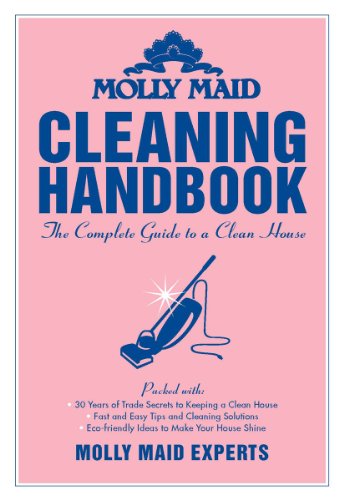
Organic man-made plastic was first invented in 1855. Cheap, strong and durable, it was seen as some kind of indestructible wonder material. Unfortunately, its indestructible nature is why it has now become a problem. Scientists have recently estimated the amount of plastic created worldwide since 1950 to be 8.3 billion metric tons! Of course, the problem is where all this plastic is ending up. Sadly, the study found that of all the plastic produced to date, only about 9 percent has been recycled. Twelve percent has been incinerated. The rest has ended up in landfills.
Thankfully, a push to mend our ways is gathering speed. Water bottles, plastic grocery bags and straws are becoming taboo. Reusable water bottles, cloth bags and paper straws have become the preference. So why not take this one step further and purge plastic in the kitchen with eco-friendly alternatives. Here’s a bunch to get you started:
- Cotton produce bags
- Ceramic or metal prep bowls
- Avoid disposable coffee and tea pods, replace with refillable ones
- Avoid coffee that’s sealed in vacuum packed plastic packaging
- Avoid plastic scouring pads, opt for a reusable bamboo scrubbing brush
- Glass canning jars & enamel canisters
- Glass juice pitcher
- Metal clips
- Wax paper and other natural alternatives
- Linen bowl covers or beeswax food wrap
- Paper bags (good for lunches and keeping mushrooms fresh)
- Glass or metal straws
- Buy dishwasher detergent in bulk
- Buy dishwashing soap in bulk
- Instead of hand washing soap in a plastic container buy bare bars of soap
PRO TIP: Now that sustainability is so fashionable, some of the above items can be costly. Shop at second-hand boutiques and yard sales. Plus, always keep an eye out on recycling and garbage day, as well as on the first of the month (moving day) as people always put out mugs, plates, and unwanted vases and baskets.
Photo by Colton Strickland

